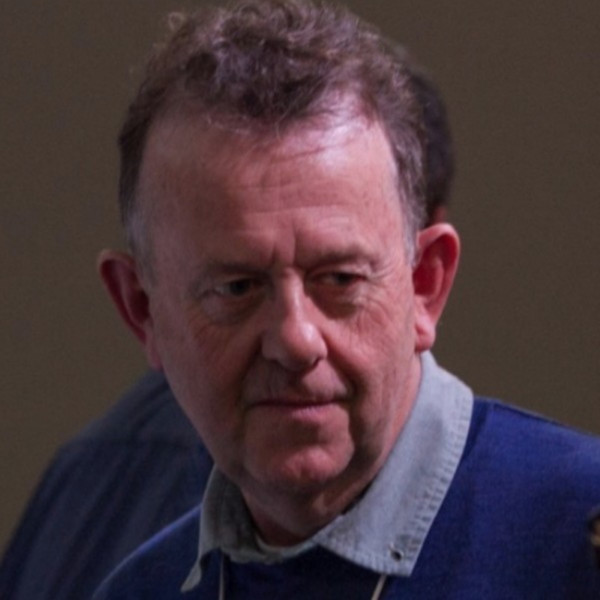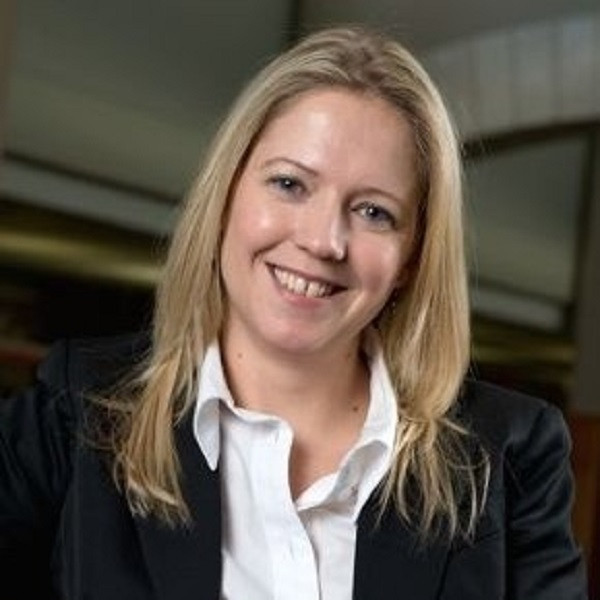
Micropower Makate vs megaplayer Vodacom whose Please Call Me misery continues
Loading player...
In his brilliant book, The End of Power, author Moises Naim wrote that the likes of innovative startups, loosely organised activists, upstart citizen media and charismatic individuals who come from nowhere are shaking up the old order.
“These are the micropowers,” he wrote, “small, unknown or once negligible actors that have found ways to undermine, fence-in or thwart the megaplayers……”
Naim’s treatise is hugely respected.
In 2015, The End Of Power was Facebook founder Mark Zuckerberg’s inaugural pick in his “Year of Books challenge” where he challenged his community to join him in reading one book every two weeks for an entire year. It was also listed as a Financial Times Book of the Year in 2013.
The powerful messages embedded in the book are being felt around the world, including in South Africa where mobile phone giant continues to battle against a now 42 year old former employee over his idea that the company applied 18 years ago.
Kenneth Nkosana Makate fits the bill of the unknown activist who perfectly fits the micropower description,
For context, while in his early 20s, he had the bright idea of a call-me-back SMS service. Makate shared the concept with his ultimate boss, then Vodacom CEO Alan Knott-Craig, who later claimed to have come up with the idea himself.
Makate has steadfastly refused to be fobbed off.
He laid a charge against his former employer and took the matter to court, winning a judgement in 2014 that found he was indeed the inventor of the concept, in the process destroying a reputation that Vodacom’s founder Knott-Craig had built over decades.
When that judgement refused to sanction a payment on the grounds of prescription (where debts expire if three years old) Makate took his plea to the highest court in the land. In a landmark judgement in 2016, the Constitutional Court found in Makate’s favour, ruling that Vodacom should indeed pay reasonable compensation to him for the invention.
For the last two years the parties have been wranging about the quantum - how much Makate should be paid.
Vodacom admits to having made an initial offer of R10m, which Makate rejected. Media reports say the company upped that to R49m. Again Makate says it is not enough.
The ante was upped this week when a group of activists calling themselves the Please Call Me movement – after the name of the concept – picketed Vodacom’s head office. Their protest, well covered by the media, focuses on ...
“These are the micropowers,” he wrote, “small, unknown or once negligible actors that have found ways to undermine, fence-in or thwart the megaplayers……”
Naim’s treatise is hugely respected.
In 2015, The End Of Power was Facebook founder Mark Zuckerberg’s inaugural pick in his “Year of Books challenge” where he challenged his community to join him in reading one book every two weeks for an entire year. It was also listed as a Financial Times Book of the Year in 2013.
The powerful messages embedded in the book are being felt around the world, including in South Africa where mobile phone giant continues to battle against a now 42 year old former employee over his idea that the company applied 18 years ago.
Kenneth Nkosana Makate fits the bill of the unknown activist who perfectly fits the micropower description,
For context, while in his early 20s, he had the bright idea of a call-me-back SMS service. Makate shared the concept with his ultimate boss, then Vodacom CEO Alan Knott-Craig, who later claimed to have come up with the idea himself.
Makate has steadfastly refused to be fobbed off.
He laid a charge against his former employer and took the matter to court, winning a judgement in 2014 that found he was indeed the inventor of the concept, in the process destroying a reputation that Vodacom’s founder Knott-Craig had built over decades.
When that judgement refused to sanction a payment on the grounds of prescription (where debts expire if three years old) Makate took his plea to the highest court in the land. In a landmark judgement in 2016, the Constitutional Court found in Makate’s favour, ruling that Vodacom should indeed pay reasonable compensation to him for the invention.
For the last two years the parties have been wranging about the quantum - how much Makate should be paid.
Vodacom admits to having made an initial offer of R10m, which Makate rejected. Media reports say the company upped that to R49m. Again Makate says it is not enough.
The ante was upped this week when a group of activists calling themselves the Please Call Me movement – after the name of the concept – picketed Vodacom’s head office. Their protest, well covered by the media, focuses on ...




